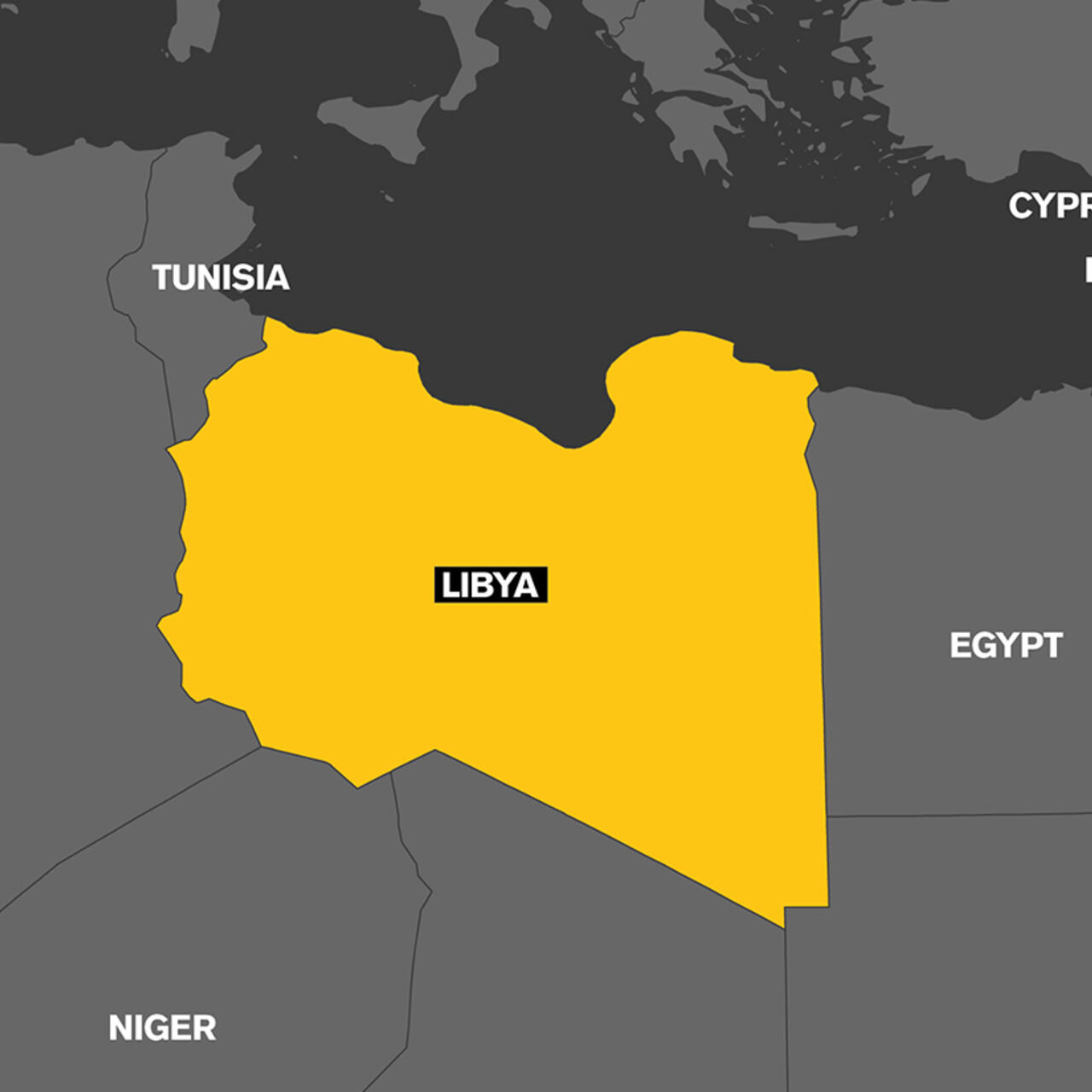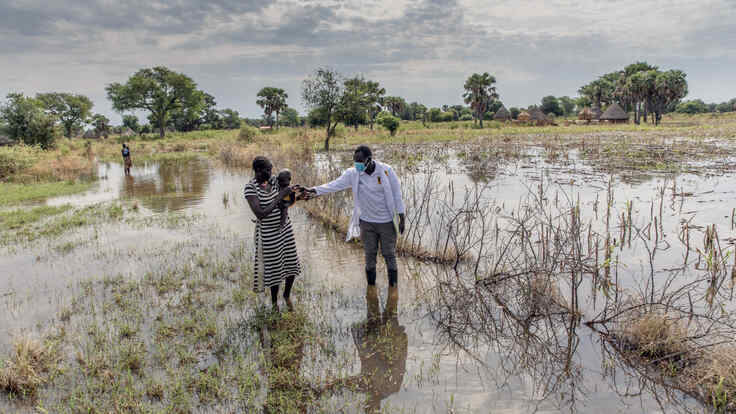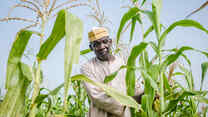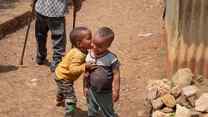The IRC warns of psychological trauma among flood survivors
- Thousands of people have lost their lives and tens of thousands have been displaced by devastating flooding in Eastern Libya.
- More than half of all public health facilities in affected areas are reported to be either partially-operational or completely non-functional.
- “People have lost everything and are still in a state of shock. Many are grappling with severe mental distress,” explains IRC Libya medical team leader, Majduldeen Alhlafi.
- The IRC has scaled up its programs to help those affected by this tragedy recover.
Country facts
- Population: 6.9 million
- People in need of humanitarian assistance prior to flooding: 800,000
- Humanitarian Development Index rank: 104 of 191
IRC response
- Started work: 2016
- People assisted in 2023: over 130,000
- Presence on the ground: Implementing programs directly and in partnership in the western, eastern and southern regions of Libya.
Libya is still struggling from over a decade of political division and recurring armed conflict, which hindered basic service delivery and led to social, political and economic instability. The IRC provides support to local governance structures, public service providers and civil society actors to address immediate service gaps, while directly delivering medical and protection services to vulnerable populations in Libya.
On September 10, 2023, unprecedented floods struck the country’s eastern region, where rainfall exceeded 100mm in just three days. Two dams collapsed in Derna, sending water rushing toward the city and washing away entire neighborhoods. More than 4,700 people were killed and thousands of families were displaced and left without basic necessities.
The floods have caused significant damage to infrastructure, exacerbating the recovery efforts of the 250,000 flood-affected people and 44,800 internally displaced survivors.
Since the 2011 Libyan revolution, the country has reeled from a volatile socio-political context and compromised security environment. These conditions have contributed to a protracted humanitarian and protection crisis, resulting in the breakdown of essential public services provision, further compounding the vulnerability of the 800,000 people who were already in need of humanitarian support prior to the 2023 flooding.
Years of crisis have disrupted all facets of life including health care, public service provision, jobs, education, financial services and social safety nets.
Libya’s public health care system remains fragile and fragmented, with inadequate infrastructure, operational challenges, and severe shortages of human resources and medical supplies curbing the ability to meet needs.
The crisis has been accelerated by flooding that swept away entire neighborhoods in the city of Derna, displacing more than 44,800 people. The flooding also caused severe damage to critical pieces of infrastructure, hindering the delivery of basic services in Derna and other affected locations. Support from the international community remains critical in meeting humanitarian needs in Libya.
The IRC’s mission is to help people whose lives and livelihoods are shattered by conflict and disaster to survive, recover and gain control of their future.
Since 2016, the IRC has provided lifesaving health and protection services in Libya, as well as vital support to strengthen the country’s health system and support to local governance and peacebuilding efforts. In the wake of flooding caused by Storm Daniel, the IRC was among the early responders to the crisis and has scaled up its programs to help people affected by this tragedy recover.
The IRC’s initial response plan for the crisis focuses primarily on health, protection, and meeting basic needs of flood-affected population.
Health Services: With a critical shortage of medical staff in the affected areas, the IRC has deployed mobile medical teams consisting of General Practitioners, Mental Health & Psychosocial Support specialists and other medical personnel who are providing lifesaving screenings, consultations and treatment to flood-affected people.
Protection services: The IRC recognizes the protection needs of survivors and has deployed a mobile Protection response team that conducted Protection activities including protection monitoring, individual protection assistance and critical psychosocial support to survivors. The IRC has been actively working to establish dedicated Safe Healing and Learning Spaces, as well as Women, Girls Safe Spaces to provide much needed protection support to vulnerable women and children in the affected areas.
Relief items: The IRC and partners undertake continual assessments of basic needs among flood-affected individuals and families and deliver critical items such as first aid kits and family support kits, including diapers, clothing and other essential items.
This emergency response expands on the IRC’s work in Libya. In addition to our flood-response, the IRC:
- Supports public service providers to provide critical health care to marginalized groups and Libyans impacted by conflict and other crises. This includes rehabilitating primary health clinics and supporting public health staff through training and provision of medical supplies.
- Strengthens the protection environment for people affected by crisis with case management support, counseling and other psychosocial services, as well as safe spaces for women and children.
- Provides lifesaving assistance to migrants and refugees who are disembarked in Libyan ports and arbitrarily detained.
- Promotes social cohesion and peacebuilding by facilitating spaces where young people in Libya can discuss common problems and goals, and by training youth in effective communication, negotiation, leadership skills and social media literacy.





